
Not so fast! Before you sign up, read on.
Quite frankly, you’ll be losing money if you go after (tempting) memory tricks like how to develop a “photographic” memory.
Truth is, you’ll end up not using your memory power to the fullest potential.
But, how do you tell the best memory training schools and courses apart from the rest?
In this article, I’ll reveal the world’s best schools and courses for memory training. This includes a powerful, magnetic way to supercharge your memory so you can learn everything important faster and recall it easily, anytime.
Why should you care what I have to say about memory courses? For one thing, I’ve been running one of the biggest online schools of memory since 2012. I’ve got one of the most viewed TEDx Talks about memory ever recorded and I’ve written over a dozen books on different ways to learn faster and remember more.
But enough about me. I want to focus on your goals and the kinds of memory courses that will serve you best. With that in mind, here’s what I’ll cover in this post:
Why Are Memory Courses Beneficial?
Memory courses are important because they can train you to remember and recall information, as well as keep your brain sharp.
Even a memory champion needs training to be in top form during a contest.
And anybody can learn memory strategies to remember and recall information like a champion. A 2017 study revealed that practicing mnemonic techniques can actually alter connections in your brain to make it resemble that of a memory champion.
Now, you may not want to become a memory champion. But, there are many other everyday benefits of memory or brain training.
- Memory training helps you retain and store memories a lot quicker than you generally would. So, you’ll no longer face memory problems like forgetting your car keys, or the crucial formula for your maths exam.
- It stimulates the neurons in your brain — making it much simpler for your brain to form connections when exposed to new information, say, in a dull history class.
- It improves your problem-solving skill, making it easier for you to respond to situations aptly. For example, working memory training has been proven to help children who struggle with math problem solving.
- Memory training helps filter out information selectively instead of memorizing everything you see, read, or hear.
- It fires up your overall memory and intelligence. This includes your working memory skills, short- and long-term memory, executive function, fluid intelligence, and creativity.
Let’s take working memory as an example.
Poor working memory has been found to be a common feature of educational underachievement.
It is also one of the characteristics of people with Down Syndrome, those with dyslexia or learning disabilities, and those who’ve suffered a brain injury.
How does memory training improve your overall working memory performance?
Memory training improves both of the working memory subsystems — the “sketchpad” that stores visual and spatial information, and the phonological loop that is the verbal working memory. This means you won’t have to worry about losing focus on your studies or research due to distractions.
Consistent memorization training or memory training exercises will help you fight your fears of Alzheimer’s Disease and Dementia. A 2010 study showed that it improves brain function in older adults who have started displaying signs of dementia.
What should you look for in a memory course or school?
Look for training that contains focused approaches, without the fluff that seems to fill many memory performance books and video courses.
At the bare minimum, they should offer you plenty of systematic worksheets, working memory tasks, visualization exercises, memory exercises, and detailed guides on each technique — all explained in simple terms you can understand.
Some of the best memory courses and schools inspire you by covering brain training techniques from around the world. You’ll come across exciting insights on:
- How Chinese mnemonist Wang Feng memorizes a deck of cards
- How Matteo Ricci’s memory palace helped him to pass China’s civil service exam
- The Mnemonic Major System used by French scholar Aimé Paris
- How Mongolia uses mental athletics as a nation-building exercise
- And more
So, what memory courses and schools can you trust to give you the best results?
Best Schools and Memory Courses For Memory Training in 2023
I’ve handpicked some of the best memory schools and courses that will sharpen your memory power. Let’s look at each of them in detail.
Magnetic Memory Method
The Magnetic Memory Method was launched… by yours truly! I’ve taught thousands of students and worked as a memory coach and adviser to top ESL instructors and language school administrators worldwide.
The Magnetic Memory Method is an incredibly powerful technique that will help you improve your memory in as little as eight days.
It’s a practical and fun approach to using Memory Palaces, mnemonics, and other memorization techniques to store and retrieve all kinds of information you want to remember later.
In addition to giving you many Memory Palace examples, this program helps you easily learn a foreign language, memorize names and faces, speeches, and specialized terminology from professional fields like law.
How does a Memory Palace work?
Memory Palace is a powerful mnemonic technique that was used by the Greeks, and by geniuses like Hannibal Lecter and Sherlock Holmes.
It is based on associating information to real locations that are familiar to you — your home, school, office, a mall, etc. You walk through the place in your head, and associate memories with different parts of that location.
For example, if you were to associate the room you’re in with names of your neighbors, you’d store names starting with A on the drawer, those with B on the ceiling, and so on. You could associate vivid visual imagery with these names, helping aid your visual memory.
When you need to remember something, simply go back to your memory palace and look it up.
When you build memory palaces, you unlock your spatial memory and visual working memory. This provides a foundation for working with your semantic, episodic, autobiographical, procedural, and other types of memory.
Combined with Recall Rehearsal, this process lets you move information from short-term memory into long-term memory quicker, and with reliable permanence. The more you do retrieval practice (conscious recall), the more you reconstruct the memory and encode it deeper in your brain.
What’s more?
All other memory techniques can be used inside Memory Palaces (but not the other way around). This maximizes the power of the loci method and combines well with the pegword method.
Mongolian Intellectual Academy
The Mongolian Intellectual Academy was founded by Khandsuren Khatanbaatar, who came across competitive memorization while studying law in Turkey.
His interest soon turned into an obsession. Later, he got trained under Melik Duyar – the co-founder of the Memoriad games – who the Turkish media refers to as “the man who forgot to forget.”
Khatanbaatar returned to Mongolia to start the Mongolian Intellectual Academy. The institute is now known to test the limits of students with training and exercises like reading at 1,500 words per minute, memorizing a deck of cards in 20 seconds, or multiplying seven-digit numbers without a calculator.
The academy focuses on improving the overall brain function and memory of students. They rely on many exercises, including Rubik’s cube practice or a simple training task like speed stacking, to help students become memory experts.
In an interview, a student revealed they even have a kindergarten that teaches basic memory techniques and mental calculation.
Thanks to its unique approach to teaching, Mongolia reigns supreme in mental athletics competitions across the globe. There are as many as eight Mongolians in the list of top 10 junior competitors for mental athletics. In the Asia Championship 2019, Mongolia’s memory athlete team won 67 medals out of 90.
Durrington Research School
The Durrington Research School in the UK is part of the Research Schools Network. Their cognitive training courses follow a holistic approach and cover everything about memorizing, retention, and teaching strategies.
Durrington’s program on improving memory and metacognition explores the research-based evidence behind memory training and how to make it useful in a classroom.
It covers:
- Teaching methods that can improve memory recall
- Strategies to enhance the depth and scope of student knowledge through better curriculum planning
- Effective revision strategies
- Techniques to prepare students for content-rich exams
- Practical recommendations to make metacognition and self-regulated learning useful for teachers
It aims to design lessons, tasks, and policies to help students retain knowledge and develop their metacognitive processes. This is especially useful for primary and secondary teachers.
Brain Academy
The Brain Academy by Gregory Caremans has several courses that are focused on developing memory and learning. You’ll also find plenty of videos, blog posts, and insights on how your brain works.
The Ultimate Guide To Memory And Learning Skill course dives into how your memory works and evolves over your lifetime. It also shows you how to stimulate your brain as you age — through childhood, adolescence, adulthood, and old age. The lectures include theories on memory, memory exercises, and plenty of tips.
There are other courses on:
- A step-by-step guide to explore your brain
- An introduction to cognitive neuroscience
- Strategies to improve your focus and attention
- Neuroplasticity and how to rewire your brain
- How to stimulate your neurons
- Neuroscience for parents
Finally, let’s look at a few other options.
Other Courses
Here are a few more that are definitely worth a mention:
Cogmed Working Memory Training
The Cogmed Working Memory Training was designed by cognitive neuroscience experts and psychologists from the Karolinska Institute, Stockholm.
This working memory training is a software-based intervention that uses visuospatial and verbal tasks to challenge your working memory capacity.
You get a training protocol specific to your requirements and tackle one training task at a time on a rotating schedule. The working memory task adapts to your capacity level in real-time, according to the working memory and neuroplastic changes that may occur over time.
The training that lasts 5-10 weeks also contains working memory exercises put together by leading neuroscientists and psychologists. You can view everything on this Cogmed training online, and it gets monitored and analyzed by a coach.
However, as Dr. Christine Till has advised, substantial results from this program comes only when you work with a coach. You can also wind up with state and context dependent effects if you’re training solely with software. In other words, your memory might be better inside the app environment. But that doesn’t mean it will be any better as you navigate the world.
Pmemory
Pmemory was an online course developed by Ruslan Mescerjakov that promised to help you memorize 60 times more and learn 10 times faster.
The course consisted of 60 lessons each with exercises that were broadly divided into:
- Basic training on memory exercises with details on memory techniques
- Learning how to memorize 25 types of information, including telephone numbers, names, and formulas, and how to retrieve them selectively from your memory
- Memorization of foreign words and phrases
- Memorizing books and complicated texts
- Memorizing codes and passwords
Many people have asked me about why this course disappeared from the Internet. I don’t know, but I did take it many years ago. The training was robust, but I found that it included too many fixed rules that don’t reflect the mnemonic flexibility needed for big learning goals, like mastering a language.
Everest Memory Masterclass
A relatively new entry is the Everest Memory Masterclass by USA Memory Champion Nelson Dellis.
Since I have a guest session in this program, my memory biases naturally make me partial to it.
It’s definitely one of the better options out there because Nelson is not only a memory champion. He applies memory techniques to a variety of goals, such as language learning. Frankly, if the memory expert you’re choosing doesn’t have at least basic bilingualism in at least one other language, you might want to look further afield.
The good news is that Nelson does, and like myself, he’s a highly accomplished university professor too.
Do Memory Courses Work?
The answer to this question depends on what you mean by “work.”
Technically, no. Memory courses education you.
In order to get results, you need to put the memory techniques they teach into action.
A lot of people struggle with this part and that can be for a lot of reasons. If that’s you, you may need to take a step back first and:
- Explore memory friendly foods and herbs that can help restore basic memory function
- Address certain issues, such as stroke recovery or Alzheimer’s
- Learn to schedule your time, perhaps with some Atomic Habits
- Complete the memory course you choose more strategically
At the end of the day, it’s either health, scheduling or incomplete understanding that prevents people from benefitting from memory courses.
That, or they might benefit more from memory improvement books. Some people learn better that way, but may still need to address underlying health and scheduling issues all the same.
Success with memory improvement courses isn’t really about the medium. It’s about what you do with the lessons.
Can Memory Skills Be Trained?
Absolutely, yes.
We have countless scientific evidence that this is possible both for memory athletes and learners. To take one recent example, Dr. David Reser and Dr. Tyson Yunkaporta conducted a study with medical students. As the research revealed, students using the ancient art of memory learned faster and retained more than the control group.
Success with memory techniques comes from a combination of:
- Learning the techniques
- Practicing them
- Having a learning goal for applying the techniques
- Analysing your deliberate practice to look for areas to improve
It’s really that simple.
Power Up Your Brain the Magnetic Way!
It’s essential to sharpen your memory and brainpower, especially as you age. Memory courses and schools are an excellent way to help you with that. But remember, stay clear from those who promise tricky 30-minute or 1-hour memory transformations!
For the most effective memory training that lead to an interesting life, try building Memory Palaces using the Magnetic Memory Method. It will help you remember and recall all that you need, when and where you need it.


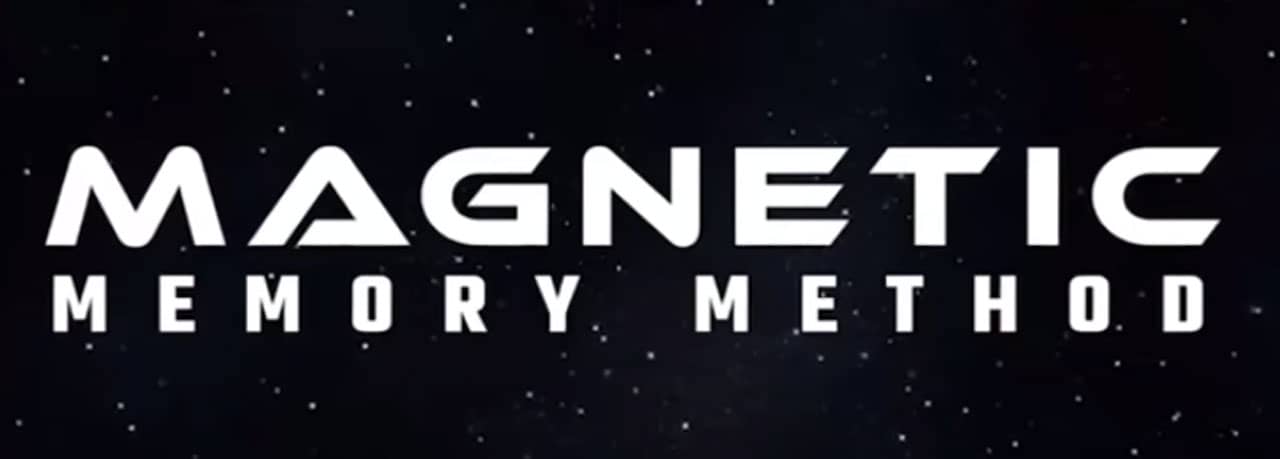
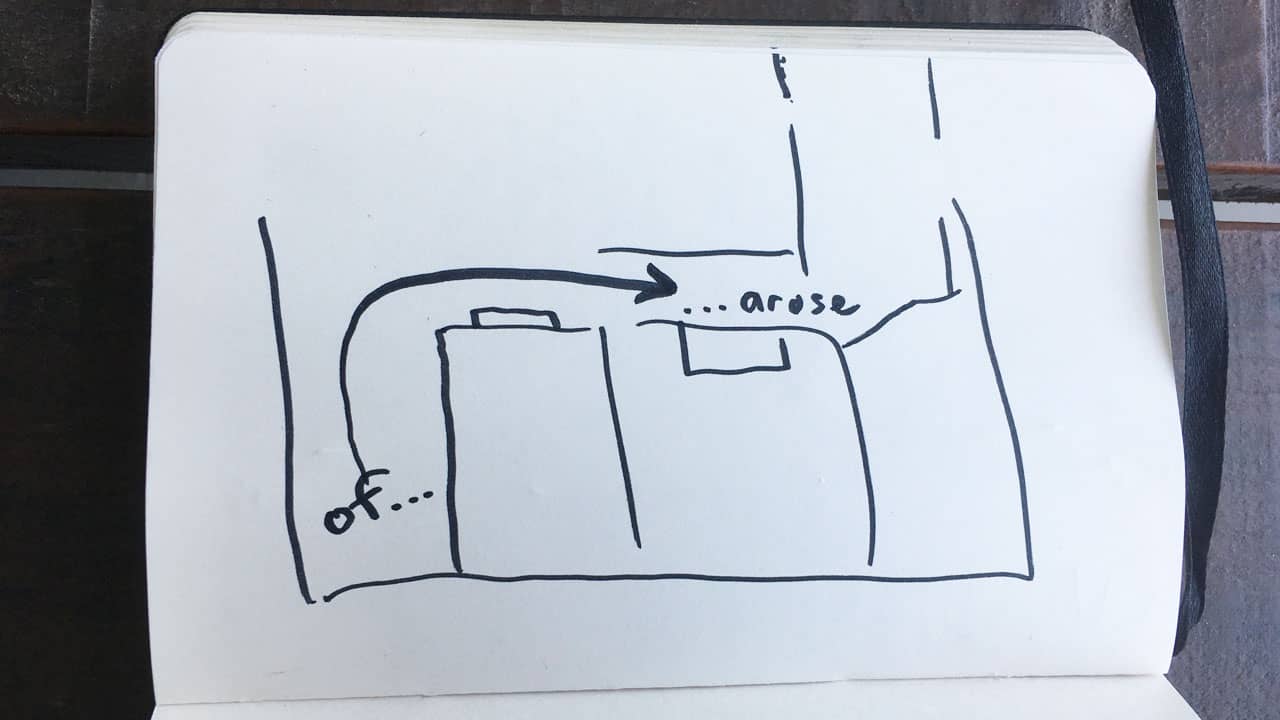
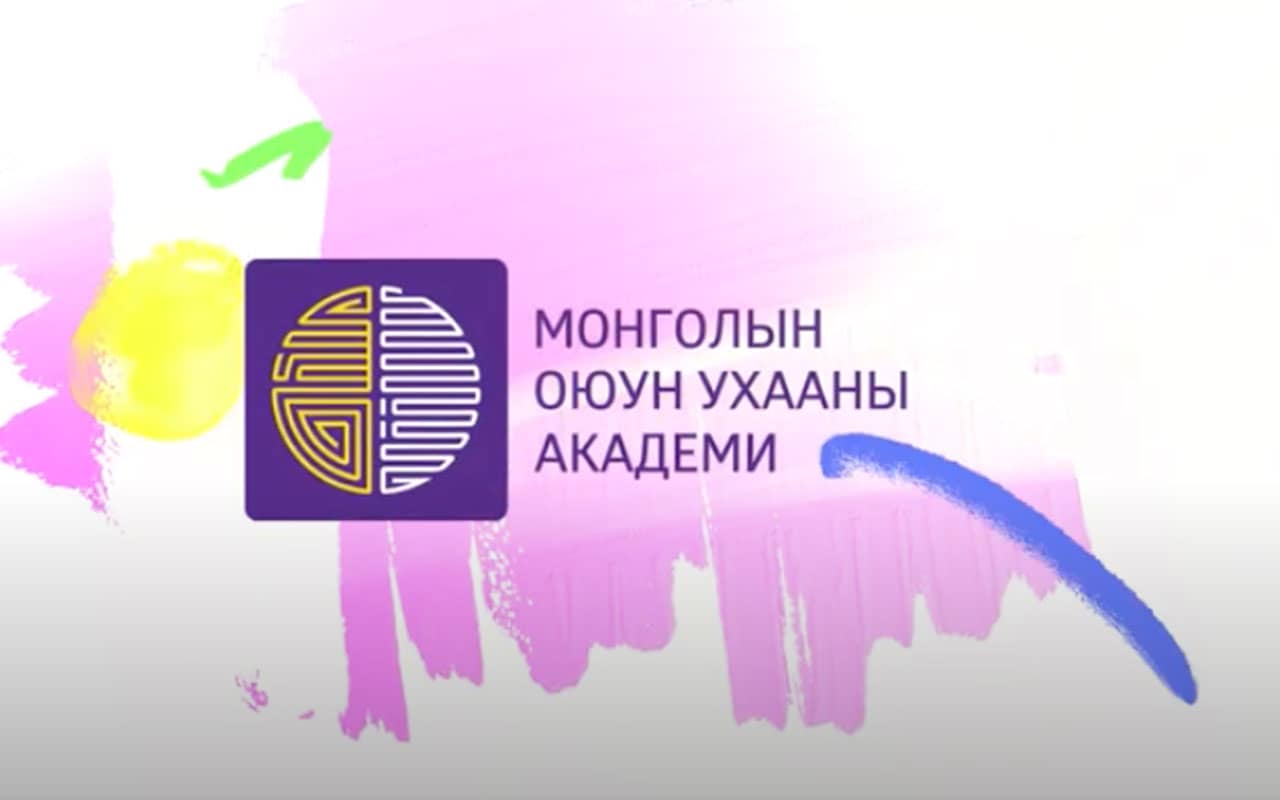
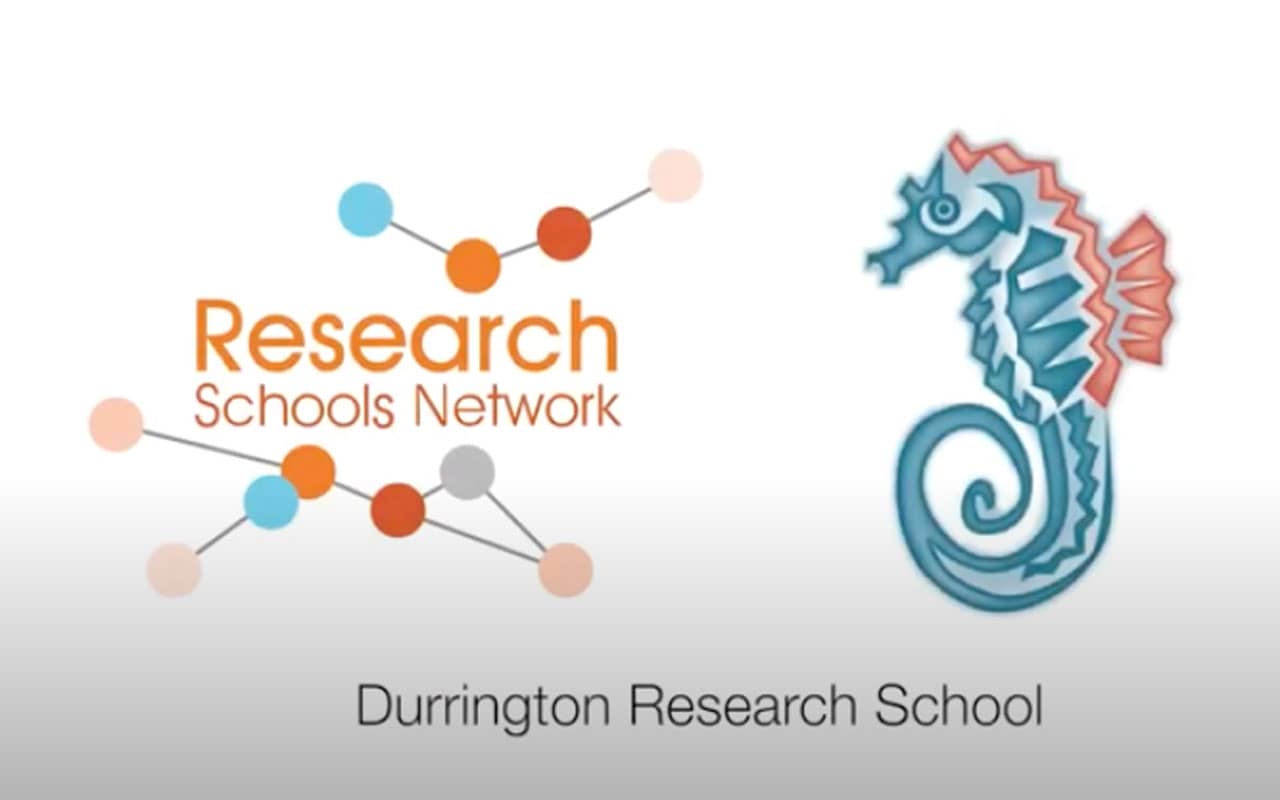
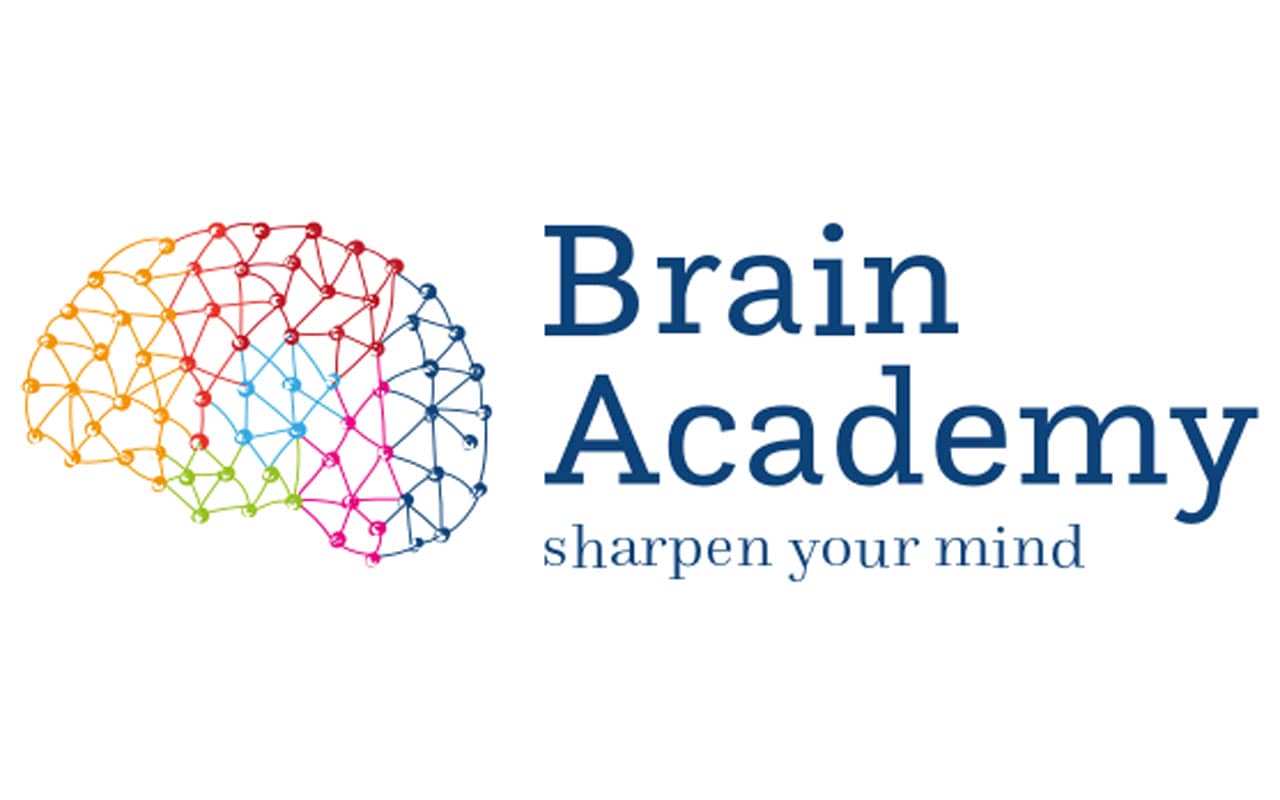
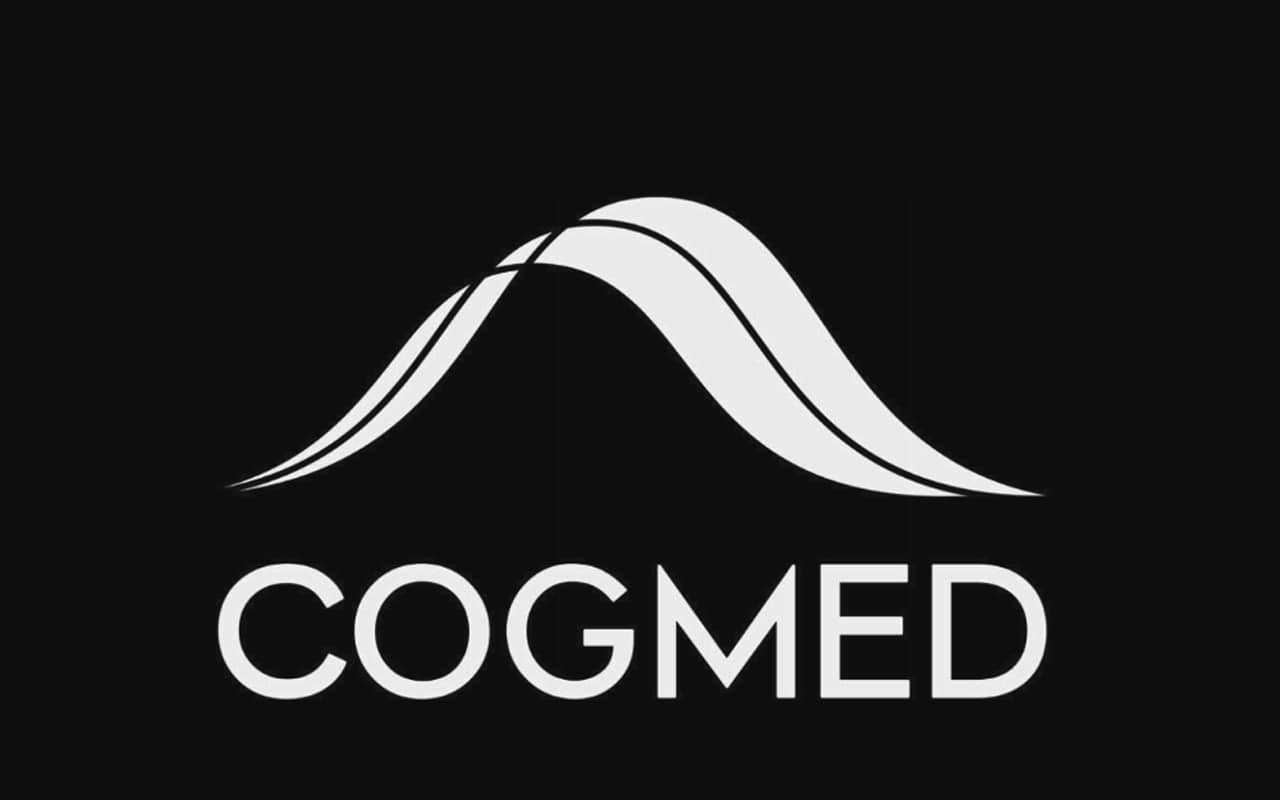





I am 53 years old and I’ve always felt that I may have attention deficit and that would include my youngest kid. I want to try the videos for memory improvement and be able to handle the changes and improvements at my place of work and every day life.
It’s great that you’re looking into training for this, Barbara.
Please just let me know if you have questions about any memory courses and I’ll be happy to discuss.
Since more change is coming, hat’s off again to you for being proactive.
How much is your course?
Is it as good as Pmemory was can you memorize tens of books ?
Thanks
Thanks kindly for your interest, Bogdan.
Course registration info is on this page about the MMM Masterclass.
In terms of this being as good as Pmemory, it’s best if I let my students speak for the program. Here are their testimonials. I know there are a lot of them, but I think you’ll find it worth the time to go through them.
When it comes to memorizing dozens of books, yes, this is possible. However, I do this myself in realistic ways that lead to real knowledge. It’s important to have proper expectations around this topic because complete book memorization is rarely necessary.
However, you certainly can memorize entire books verbatim and I’ve done some of this myself with long form texts. But for my PhD and other post-doctoral research projects, I use a different approach that is far better than memorizing entire books. It not only leads to better memory outcomes, but also a better ability to use the knowledge in those books and articles myself and others have committed to memory.
Please let me know if you have any further questions and I’ll get back to you a.s.a.p.
Hi, are there live (i.e interactive), online memory training courses for children and teen? It seems like that would be the best time to learn those skills and be able to use them through their “formal” education journey.
Thanks for asking about this, Katherine.
I’m not aware of any courses that fit this description.
You may want to reach out to individual teachers who can coach this age group.
In the meantime, I agree that it would be great for formal education to include memory training. I believe this will only happen when teachers are required to learn memory techniques as part of their teaching certification.
When this happens, the skills will start to trickle down naturally to their students. This is how memory techniques used to pass across the generations.
Until that educational reform takes place, I strongly urge all parents to take on that role. Learn the techniques and use them so you can teach them from experience to your loved ones.
Please let me know if you have any further questions and I’ll get back to you a.s.a.p.
I am 28 years old and have read a lot about memory techniques but feel that it’s impossible. I really need a coach to practice with me.
Thanks, Kim.
Coaches can be good, though I generally see that people do best when they nurture the coach within.
What are your specific goals with memory techniques? If I know someone who specializes in that area, I’ll let you know. But again, the best coach is probably the one who frees you from the need for coaching a.s.a.p., relative to your exact goal.
I am positive I can improve my memory significantly even though I am 70+ years young. However I need good advice on starting the correct way.
I’m confident you can do it as well. I’ve had many students in their prime do incredibly well.
I would humbly suggest that there is no “correct” way to get started. This is because memory techniques and the improvement they create require personal experimentation.
So as long as you are learning and applying the skills, you’ll be fine and people like me are here to help by answering questions and help you set optimal goals.
Need advice
Happy to share advice, the most important of which is to study and practice memory techniques in a spirit of experimentation.
Hi Anthony I am looking for in person course in New York City. Or the best in person course somewhere close. Can you please advise? Thank you!
Thanks for asking about this.
Do you have specific goals you’re trying to reach? That will help me narrow down any suggestions I might be able to find when asking some of my NYC friends.
In general improve my memory and performance and especially with names. Willing to go somewhere for up to a week for course if available.
Thanks
Better memory capacities, and overall cognitive function improvements. Open to in person courses in New York or elsewhere. Hopefully immersive and intensive within a set time. Thank you
Does it have to be a course?
I’m not aware of anyone offering them at the moment, but the goals you have in mind can be achieved through either self-study or a combination of self-study with an online mentor.
This will be important because the way you get to immersive and intensive is by developing the mnemonic tools needed for better memory. This part is always self-study in the end.
When I work with individuals one-on-one, I almost always require that they have read one of my books or gone through one of my courses first. There is no way I’m aware of to provide them with an immersive situation if they haven’t done any course work on their own first.
In terms of overall cognitive improvements, it’s much the same process. A week long course could certainly help, but you could proceed much faster with your studies with the right material and in this particular case, the workouts need to carry on for life. Memory and cognition are like muscles: use them or lose them.
Does this way of looking at things make sense and help you out?
Yes! How do I reach you offline to see if there’s a possibility for working together thanks
Thanks, Zheng.
There’s a contact link at the bottom of pretty much every page on this site.
Look forward to hearing from you!